Intro
Constipation is a common digestive issue that affects millions of people worldwide. It is characterized by infrequent bowel movements, hard or lumpy stools, and difficulty passing stools. While there are many over-the-counter and prescription medications available to treat constipation, making dietary changes can be an effective and natural way to find relief. In this article, we will explore the best foods for constipation relief and provide tips on how to incorporate them into your diet.
Constipation can be caused by a variety of factors, including a low-fiber diet, dehydration, physical inactivity, and certain medical conditions. Eating a diet rich in whole, unprocessed foods can help to prevent and relieve constipation. Foods that are high in fiber, such as fruits, vegetables, and whole grains, can help to add bulk to stool and promote regular bowel movements. Additionally, staying hydrated by drinking plenty of water can help to soften stool and make it easier to pass.
A healthy diet that includes a variety of whole foods can help to support digestive health and prevent constipation. Foods that are rich in fiber, such as legumes, nuts, and seeds, can help to promote regular bowel movements and prevent constipation. Other foods, such as fermented foods and omega-3 rich foods, can help to support the health of the gut microbiome and reduce inflammation in the digestive tract. By making a few simple changes to your diet, you can help to find relief from constipation and support overall digestive health.
High-Fiber Foods for Constipation Relief
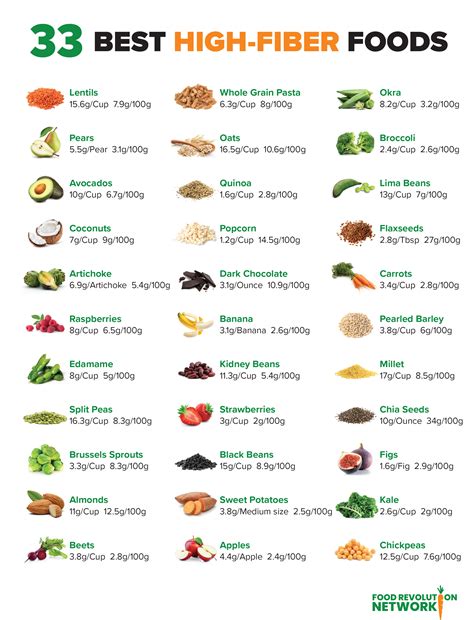
Benefits of High-Fiber Foods
High-fiber foods can help to relieve constipation in several ways. Fiber helps to add bulk to stool, making it easier to pass and reducing the risk of constipation. Fiber can also help to soften stool, making it easier to pass and reducing the risk of straining during bowel movements. Additionally, high-fiber foods can help to support the health of the gut microbiome, reducing inflammation and promoting regular bowel movements.Fermented Foods for Constipation Relief
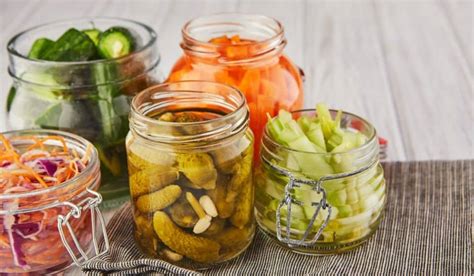
Benefits of Fermented Foods
Fermented foods can help to relieve constipation in several ways. The beneficial bacteria in fermented foods can help to break down fiber and promote regular bowel movements. Fermented foods can also help to reduce inflammation in the digestive tract, reducing the risk of constipation and other digestive issues. Additionally, fermented foods can help to support the health of the gut microbiome, promoting a balanced and diverse community of beneficial bacteria.Omega-3 Rich Foods for Constipation Relief
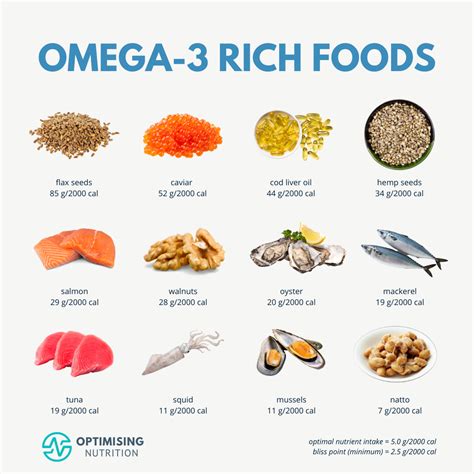
Benefits of Omega-3 Rich Foods
Omega-3 rich foods can help to relieve constipation in several ways. The anti-inflammatory effects of omega-3 fatty acids can help to reduce inflammation in the digestive tract, reducing the risk of constipation and other digestive issues. Omega-3 fatty acids can also help to promote regular bowel movements and soften stool, making it easier to pass.Other Foods that Can Help to Relieve Constipation
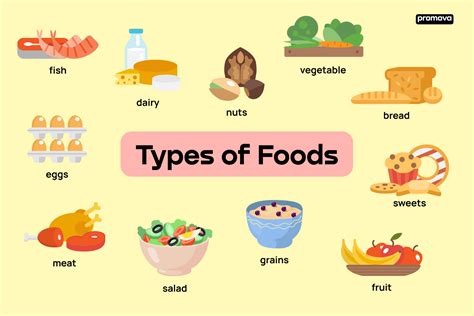
Benefits of Other Foods
These foods can help to relieve constipation in several ways. Prunes, for example, contain a natural laxative called sorbitol, which can help to soften stool and promote bowel movements. Coffee can help to stimulate bowel movements and improve digestion. Ginger can help to reduce inflammation and promote digestion, reducing the risk of constipation and other digestive issues.Tips for Incorporating Constipation-Relieving Foods into Your Diet
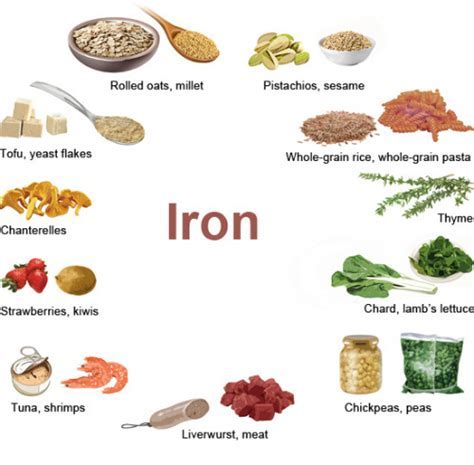
Additional Tips
In addition to incorporating constipation-relieving foods into your diet, there are several other things you can do to help relieve constipation. These include: * Staying hydrated by drinking plenty of water * Exercising regularly to promote bowel movements and improve digestion * Managing stress, which can exacerbate constipation and other digestive issues * Avoiding foods that can exacerbate constipation, such as dairy products and processed meatsConclusion and Final Thoughts

What are the best foods for constipation relief?
+Some of the best foods for constipation relief include high-fiber foods, such as legumes, whole grains, and fruits and vegetables, as well as fermented foods, such as yogurt and sauerkraut, and omega-3 rich foods, such as fatty fish and nuts and seeds.
How can I incorporate more fiber into my diet?
+You can incorporate more fiber into your diet by eating more whole, unprocessed foods, such as fruits, vegetables, and whole grains, and by adding fiber-rich foods, such as legumes and nuts and seeds, to your meals and snacks.
Can fermented foods really help to relieve constipation?
+Yes, fermented foods can help to relieve constipation by providing beneficial bacteria that can help to break down fiber and promote regular bowel movements.
How long does it take to see results from making dietary changes for constipation relief?
+It can take several days to several weeks to see results from making dietary changes for constipation relief, depending on the severity of your constipation and the effectiveness of your dietary changes.
Are there any risks or side effects associated with using food to relieve constipation?
+While making dietary changes can be a safe and effective way to relieve constipation, there are some potential risks and side effects to be aware of, such as digestive discomfort or allergic reactions to certain foods.
